| |
|
|
|
|
|
|
| |
|
Editor's note
|
|
All eyes will be on Hollywood this weekend, with the 90th Academy Awards taking place on Sunday. USC Dornsife professor of English Leo Braudy tells the story of the life, near death and rebirth of the famed Hollywood sign, which wasn’t always held in such high esteem.
Since last year’s Oscars, the film industry has been roiled by sexual assault allegations, and the #MeToo movement will certainly have a role in this year’s awards ceremony. When North Carolina State professor of film studies Marsha Gordon was watching films from the 1930s to prepare for a class, she was surprised by how much casual sexual harassment took place on screen. To Gordon, it shows just how integral these perverse values have been to Hollywood’s imagining of women’s lives.
And while the Oscars will be celebrating the best of the film industry on Sunday, we wanted to salute the worst. The Razzies honor the lousiest acting and directing jobs, but what about film innovations that promised to transform the moviegoing experience, only to fall flat?
|
Nick Lehr
Arts + Culture Editor
|

|
|
Top Stories
|

George Brich/AP Photo
Leo Braudy, University of Southern California – Dornsife College of Letters, Arts and Sciences
Only recently did it come to represent the dream of fame.
|
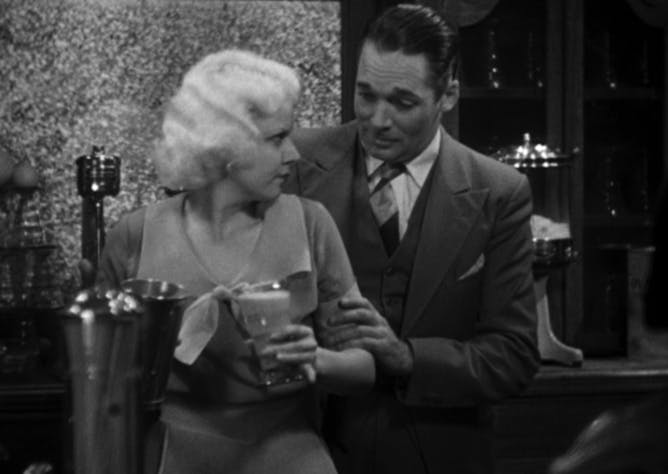
In ‘Three Wise Girls’ (1932), Cassie (Jean Harlow) has to fend off her handsy boss.
Columbia Pictures Corporation
Marsha Gordon, North Carolina State University
Scores of Depression-era films depicted a pattern of sexual harassment that sounds all too familiar.
|
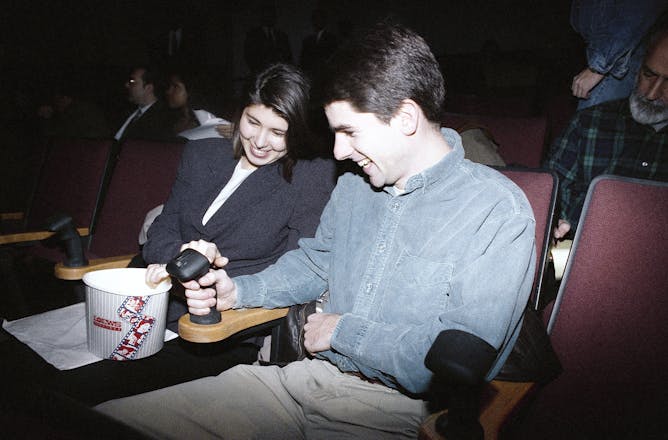
Moviegoers familiarize themselves with the joystick that will allow them to interact with the film ‘I’m Your Man’ during its premiere on Dec. 16, 1992.
AP Photo/Richard Harbus
Leo Braudy, University of Southern California – Dornsife College of Letters, Arts and Sciences; Scott Higgins, Wesleyan University; Stephen Groening, University of Washington; Thomas Delapa, University of Michigan
Sound, color and special effects transformed the moviegoing experience. These inventions decidedly did not.
|
Science and Technology
|

Nicole Creanza, Vanderbilt University; André Ché Sherriah, University of the West Indies, Mona Campus
New research suggests that hints left in Creole languages can identify where the original speakers came from – even hundreds of years after they migrated and mixed together.
| |
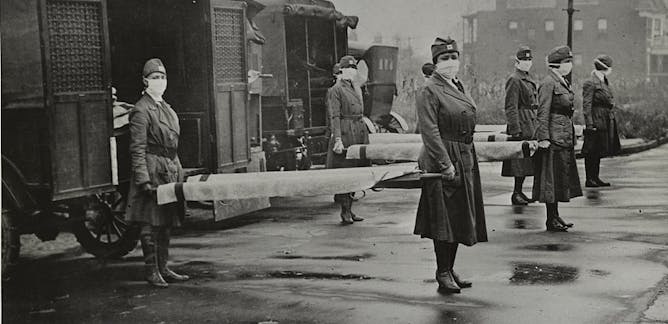
Christine Crudo Blackburn, Texas A&M University ; Gerald W. Parker, Texas A&M University ; Morten Wendelbo, Texas A&M University
With many men 'missing' from the population in the aftermath of the 1918 flu, women stepped into public roles that hadn't previously been open to them.
|

Susan Landau, Tufts University
Smartphones are key elements of two-factor authentication processes. Weakening their security threatens people's digital identities.
| |
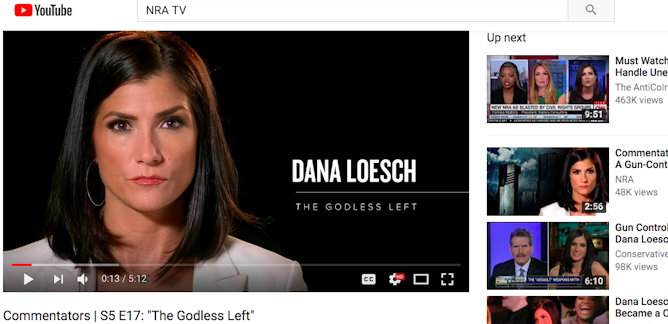
Adam G. Klein, Pace University
Gun control advocates want to shut down the National Rifle Association's online video channel, NRA TV. A scholar looks at what its videos are actually about.
|
|
|
Ethics and Religion
|

Alexis Elder, University of Minnesota Duluth
From asking a partner to pick up dinner on the way home to checking in on a neighbor with health problems, we frequently face the question, 'What's the best way to communicate?'
| |
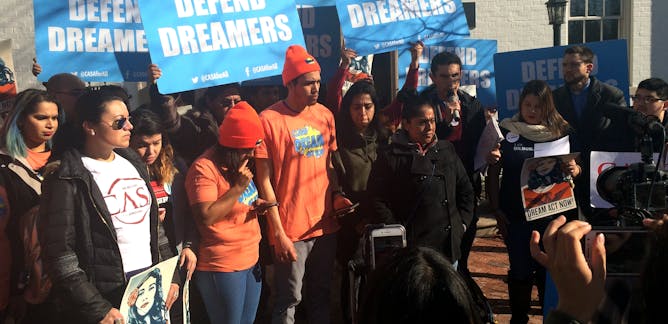
Michael Blake, University of Washington
Conservatives on migration claim that allowing the DACA recipients to stay shows disrespect for the law. The moral principles that underlie the American legal system, however, tell a different story.
|
|
|
Environment and Energy
|

Cecilia Gontijo Leal, Museu Paraense Emílio Goeldi, Belém
Thousands of dirt roads crisscross the Brazilian Amazon, serving ranchers, loggers and miners. The area's fragile waterways — and the spectacular fish that live in them — pay a high price.
| |

Clyde Sorenson, North Carolina State University; Elsa Youngsteadt, North Carolina State University; Rebecca Irwin, North Carolina State University
Venus flytrap plants have 'traps' that snap shut on insect prey. But they also rely on insects for pollination. New research suggests how the plant avoids eating its allies.
|
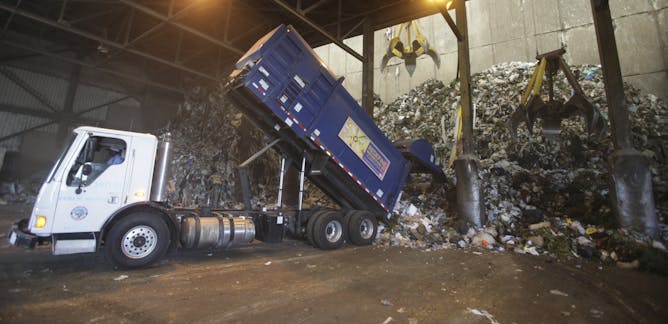
Ana Baptista, The New School
Most Americans don't want incinerators in their neighborhoods, so waste management companies are burning trash in other facilities such as cement kilns. Is this a sustainable way to deal with garbage?
| |

David Markman, Colorado State University
Where do plague bacteria go between outbreaks? New research demonstrates that they can survive and replicate inside amoebae that are widely present in soil and water worldwide.
|
|
|
Politics and Society
|
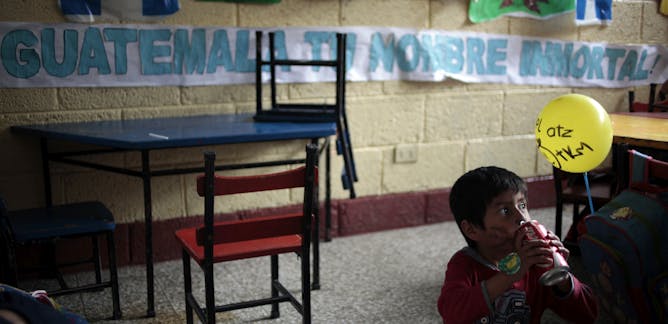
Mark Montgomery, Grinnell College; Irene Powell, Grinnell College
In 2005, almost 46,000 children were adopted across borders. Ten years later, just 12,000 were. The foreign adoption system is imploding, potentially putting children's lives in danger.
| |

Donald Nieman, Binghamton University, State University of New York
One of the harshest critiques of white racism appeared 50 years ago in the federal government's own Kerner Commission report. And racism may be why the report's recommendations were largely ignored.
|

Emily Kazyak, University of Nebraska-Lincoln; Kelsy Burke, University of Nebraska-Lincoln
More than 1,000 Nebraskans were asked about laws that protect business owners who refuse to serve gays or lesbians. People on either side of the issue made appeals to rights, freedom and capitalism.
| |
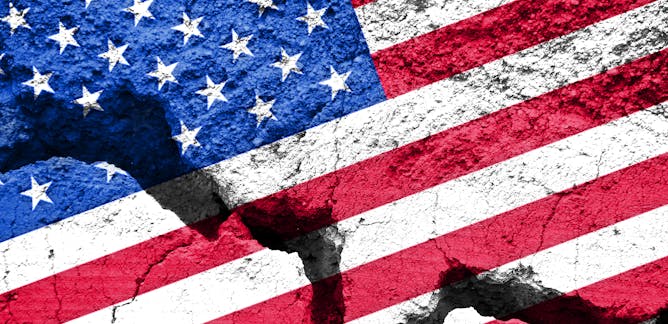
Michael Carolan, Colorado State University
There's a new way to reveal America's political divide. One researcher finds the differences between groups that are normally crudely described as 'right-left' can be better explained by word clouds.
|
|
|
Economy and Business
|
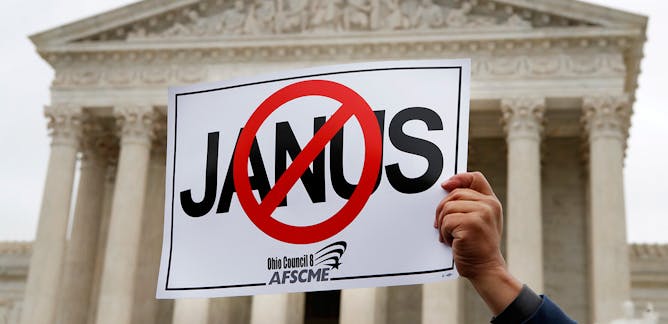
Raymond Hogler, Colorado State University
The Supreme Court could kill collective bargaining throughout the country, making workers worse off and exacerbating inequality.
| |

Jerry Davis, University of Michigan
The lightning-quick corporate response to demands for a boycott against the NRA shows that companies can't escape politics in an age saturated with social media.
|
|
|
Education
|

Brandis M. Ansley, Georgia State University; Joel Meyers, Georgia State University; Kate McPhee, Georgia State University; Kris Varjas, Georgia State University
Nearly half of all teachers report having high levels of daily stress. Research shows that when teachers are stressed out, it can negatively affect students and schools.
| |

Nathaniel von der Embse, University of South Florida
In order to prevent future mental health problems among at-risk students, schools must do a better job of screening for mental health problems earlier.
|
|
|
Health and Medicine
|
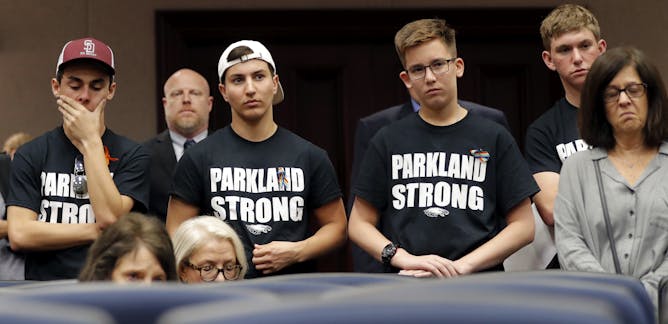
Arash Javanbakht, Wayne State University
When mass shootings occur, some people insist the focus should be on mental illness, not gun control. A psychiatrist explains how that view misses the mark.
| |

Jed Magen, Michigan State University
Social isolation is linked to higher blood pressure, lower cognitive abilities and even increased chances of premature death.
|

Paul R. Sanberg, University of South Florida; Samantha Portis, University of South Florida
As the nation grapples with its opioid addiction epidemic, an understanding of how the drugs affect people is important. The powerful class of drugs actually can change the brain.
| |
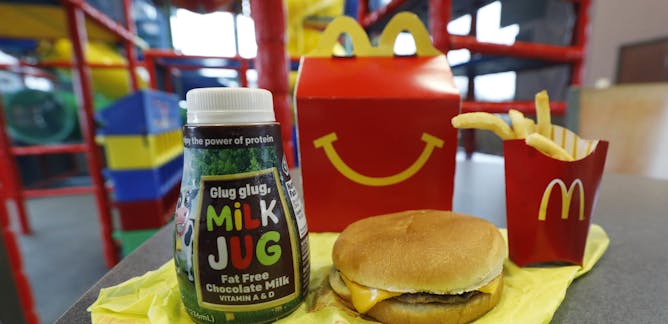
Jennifer Harris, University of Connecticut
McDonald's recently announced it will make its Happy Meal, which accounts of about 15 percent of all sales, healthier. Will it make kids healthier? That's unclear, but it could lower parents' guilt.
|
|
|
| |
| |
| |
| |
| |
| |
|
|
|
|
|
|
| |